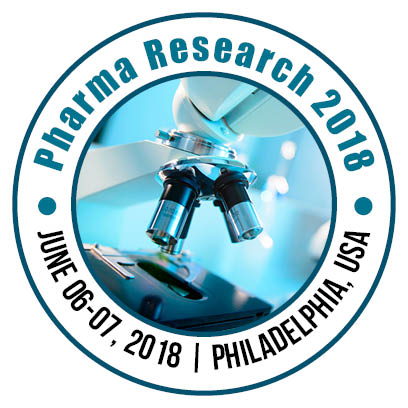
Hai-Feng Ji
Drexel University, USA
Title: Diphenyl α-Aminoalkylphosphonates as prostate-specific antigen antagonists
Biography
Biography: Hai-Feng Ji
Abstract
Prostate cancer (PCa) is one of the most prevalent cancers diagnosed in adult males. Chemotherapy has been widely used for PCa treatments. Although therapies targeting the androgen receptor, an upstream regulator of PSA, have been effective in treating prostate cancer, the disease state sometimes progresses and results in castrate-resistant prostate cancer. Alternative therapies should be pursued for prostate cancer treatment, especially in the scenario where androgen deprivation fails. PSA is a serine protease that has been found to control the growth of cancer metastasis and proliferation. Regulated by androgen receptor-mediated transcription pathway, the primary role of PSA biologically is the liquefaction of semen via proteolysis of coagulating proteins Fibronectin and Semenogelin within the matrix. However, with elevated PSA levels, the protease has been shown to cleave insulin-like growth factor binding protein-3 (IGFBP-3), a modulator of Mitogenic proteins insulinlike growth factors (IGF) I and II. It has been demonstrated that the involvement of PSA with the IGF molecular system leads to the progression of prostate cancer, which can in turn metastasize into the patient’s lymph nodes and bone, causing osteoblastic lesions via PSA-activation of latent transforming growth factor beta (TGFβ) and proteolysis of IGFBP-5. In this work, AutoDock 4.2 molecular docking suite was utilized to model covalent and non-covalent binding of this class of inhibitors to predict crystallographic poses and compare experimental IC50 dose-response curves and in silico potencies for providing future more specific rational drug design. The modeling study introduces novel aminoalkylphosphonates as a potential drug candidate for targeting PSA by optimizing P1 binding affinities. Several lead compounds will be reported as potent inhibitors of PSA activity.

